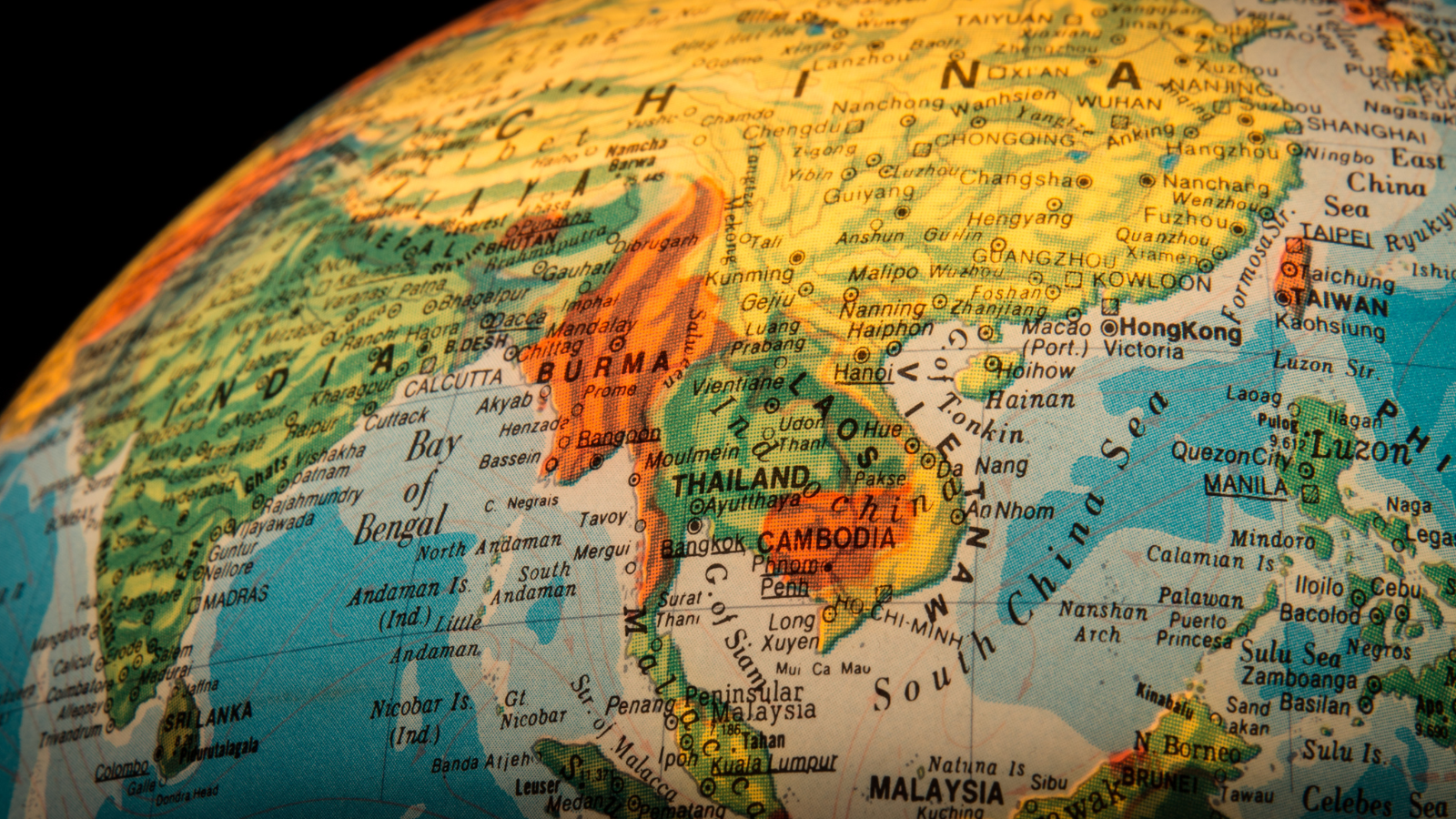Maersk Invests $500 Million in Southeast Asia's Supply Chain Expansion and Sustainability Initiatives
Maersk is investing over $500 million to expand its supply chain infrastructure in Southeast Asia to support the region's growth as a global production and consumption hub. The three-year investment will focus on logistics, services, and ocean and terminal infrastructure. It aims to increase warehouse capacity by 50%, pilot biodiesel trucks, and introduce electric vehicles by 2024 while exploring green fuel infrastructure and enhancing landside connectivity.
A massive 7.2-magnitude earthquake rocked Taiwan's eastern coast last Wednesday, causing not only tragic loss of life but also significant ripples in the semiconductor industry.
Taiwan's biggest quake since 1999 could jolt the semiconductor supply chain across Asia.
Kering, a renowned French luxury brand, witnessed a significant decline in its shares, marking its worst performance to date.
PayCargo, a US-based logistics payment platform, backed by Blackstone, is entering the Asian market via Hong Kong, leveraging its status as a major air cargo hub.
The U.S. is ramping up defense industrial cooperation with Indo-Pacific partners like Japan, India, and others to bolster supply chain resilience amid threats, particularly from China.
Central Asia is making strides in combating climate change with the construction of its first green hydrogen-wind plant in Uzbekistan.
Lazada, the Southeast Asian e-commerce platform owned by Alibaba, has initiated a new round of layoffs that will be affecting employees across all Southeast Asian markets.
Workers in San Francisco are preparing the city for the Asia-Pacific Economic Cooperation (APEC) conference, where politicians, executives, and journalists from around the world are expected to gather.
The United States has announced a $553 million project to construct a deep-water shipping container terminal in Sri Lanka's Port of Colombo.
Liew Chin Tong, Malaysia's deputy minister of investment, trade, and industry, believes that the diversification of supply chains away from China presents a significant opportunity for Southeast Asian countries.
During a panel discussion, former officials from the US and South Korea debated the necessity of having both the Comprehensive and Progressive Agreement for Trans-Pacific Partnership (CPTPP) and the Indo-Pacific Economic Framework (IPEF) in the Asia-Pacific region.
U.S. Treasury Secretary Janet Yellen emphasized the importance of strengthening economic and security ties with Vietnam during her visit to the country, as part of the United States' efforts to build relationships in Asia.
Airbus forecasts that over the next 20 years, approximately 40,850 new jets will be delivered by aircraft manufacturers as airlines expand their fleets and replace older planes with more fuel-efficient models, with Asia being a significant driver of this growth.
Swedish electric and autonomous trucking company, Einride, has signed a Memorandum of Understanding (MOU) with the United Arab Emirates (UAE) to develop a freight mobility grid called Falcon Rise.
Toyota Indus, a subsidiary of Toyota operating in Pakistan, has announced the complete shutdown of its production plant in Karachi from June 3 to June 8, 2023.
After months of discussions and negotiations, the trade talks involving 14 countries are finally approaching an agreement regarding the crucial coordination of their supply chains.
According to a survey conducted by the World Economic Forum, over 70% of economists believe that India will benefit from the global economic turbulence.
Taiwan's Evergreen has released a tender for twenty-four 16,000 TEU methanol dual-fuel ships, with each unit estimated to cost $180 million.
India's economic growth and business opportunities have attracted a lot of attention and investment from international corporations.
The Maritime and Port Authority of Singapore, Long Beach, and Los Angeles (along with support from C40 Cities) have signed a memorandum of understanding to establish a green and digital shipping corridor.
As the second largest economy in Southeast Asia, Thailand has established itself as a major automotive hub, with companies like Sony and Sharp setting up operations in the country.
The minimum wage for garment workers in Bangladesh has increased from $75 to $226.
A cyberattack, possibly linked to North Korea, has attempted to install malware in over 1,000 networks to steal information and credentials from corporate networks.
The global economy has been experiencing significant uncertainty in recent years, with concerns about a potential recession, geopolitical tensions, and other factors weighing on consumer and business confidence.
AI can be used to optimize supply chain management, reducing lead times and increasing efficiency in the movement of goods between manufacturing facilities and warehouses.
A shortage of ships to transfer the massive wind turbines to their locations from shore to sea has been a pitfall of the continent’s green energy project.
Racking 37.3 million TEUs in 2022, the port’s minuscule decline of 0.7% compared to the previous year is just a blip on the radar.
Taiwan Semiconductor Manufacturing Co., the primary chipmaker for Apple Inc. , has begun production of its revolutionary advanced 3-nanometer chips in Taiwan.
India, Vietnam, Thailand, Malaysia, and Bangladesh are all scrambling to replace China’s top spot as the manufacturing capital of the world after strict Covid-19 policies are sending global companies whirling.































South Korea has welcomed the U.S. decision to extend electric vehicle tax credits for cars containing Chinese graphite until 2026.